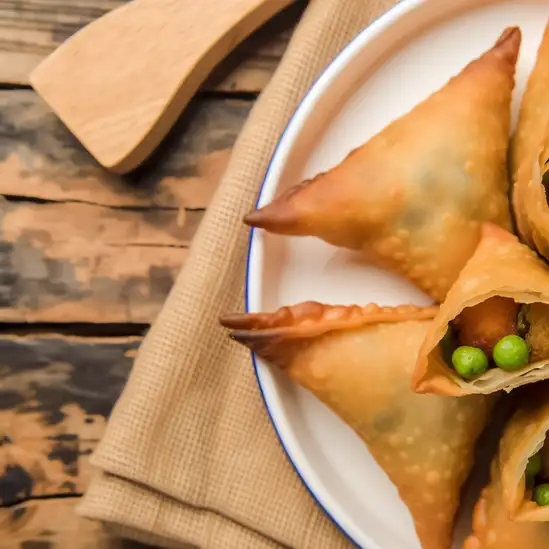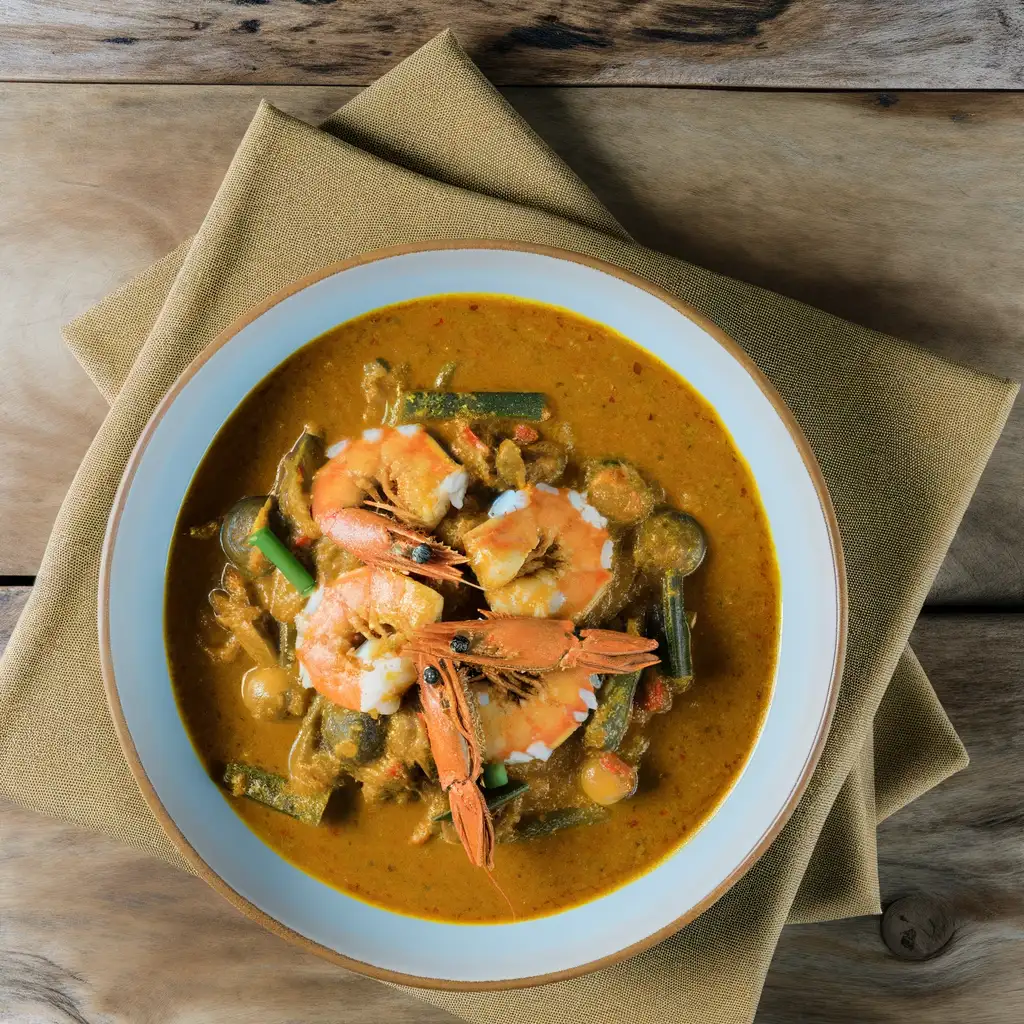



If you ever find yourself dreaming of a place where the ocean breeze carries the scent of salt and spices,Nungwi in Tanzania is where you need to be. This little fishing village on the northern tip of Zanzibar feels like a world apart,yet it hums with a warm,inviting energy that instantly makes you feel at home. The turquoise waters lap gently against white sandy beaches,and the sun seems to hang a little longer in the sky,casting golden hues that make every moment feel like a postcard come to life. Walking through Nungwi,you’ll hear the rhythmic clatter of dhow boats being built by hand,a craft passed down through generations. The locals greet you with genuine smiles,and the air is filled with the mingling aromas of fresh seafood grilling over open fires and the sweet,tropical scent of frangipani flowers. At night,the village softens into a peaceful lull,with the distant sound of waves and the occasional laughter from beachside gatherings. What makes Nungwi truly special is its blend of laid-back charm and vibrant culture. You can spend your days snorkeling among colorful coral reefs,then wander into the village to taste freshly caught lobster or sip on a cold coconut while chatting with fishermen about their day. It’s a place where time slows down just enough for you to soak in the simple joys—sun,sea,and the warmth of a community that welcomes you like an old friend.
The information on this page is currently being reviewed by Tripkliq and should be used as a guide only
Eng word: Hello
Eng pronunciation: Ha-bah-ree
Local language: Habari
Eng word: Goodbye
Eng pronunciation: Kwa-heh-ree
Local language: Kwaheri
Eng word: Thank you
Eng pronunciation: Ah-sahn-teh
Local language: Asante
Eng word: How much
Eng pronunciation: Bay gah-nee
Local language: Bei gani
Eng word: Toilet
Eng pronunciation: Choh
Local language: Choo
Eng word: Help me
Eng pronunciation: Nee-sigh-dee-eh
Local language: Nisaidie
Eng word: Yes
Eng pronunciation: N-dee-yoh
Local language: Ndiyo
Eng word: No
Eng pronunciation: Ha-pah-nah
Local language: Hapana
Eng word: Excuse me
Eng pronunciation: Sah-mah-hah-nee
Local language: Samahani
The name 'Nungwi' is derived from the Swahili word 'Nungu', which refers to a specific type of coconut that was prevalent in the area. This emphasizes the connection of the local community with nature and the importance of coconuts in their daily lives and economy.
Historically, Nungwi has been recognized as a prominent fishing village in Zanzibar, with a long-standing tradition of dhow building. Dhows are traditional sailing vessels used in the Indian Ocean, and the skill of building these has been passed down through generations, showcasing the rich maritime culture of the area.
Over the years, Nungwi has evolved from a simple fishing village into one of Zanzibar's most popular tourist destinations. This transformation highlights the community’s adaptability and the natural beauty of Nungwi that attracts visitors from around the globe.
The Nungwi Natural Aquarium, also known as the Mnarani Marine Turtles Conservation Pond, is a community-based initiative for the conservation of sea turtles. It emphasizes the local commitment to preserving marine life and has become an educational site for visitors.
Nungwi is renowned for its stunning white sandy beaches, which are considered to be among the best in Zanzibar. The pristine beaches have played a significant role in Nungwi’s development by attracting tourists seeking leisure and relaxation in a beautiful natural setting.
Nungwi’s geographical location on the northern tip of Zanzibar Island made it a participant in the Indian Ocean trade networks. This exposed Nungwi to various cultural influences and made it a melting pot of African, Arab, and Indian cultures, evident in the local cuisine, architecture, and traditions.
The Mwangaza Hideaway is one of Nungwi’s hidden gems. Originally used by fishermen as a lookout point, it has been transformed into a secluded spot for tourists to enjoy breathtaking views of the Indian Ocean, highlighting Nungwi’s ability to blend history with tourism.
Nungwi is an important center for the preservation of the Swahili language and culture. As Swahili is widely spoken in the region, visitors have the opportunity to immerse themselves in this rich cultural heritage through interaction with the local community.
The lighthouse in Nungwi is a significant landmark that has served as a beacon for sailors and fishermen for generations. Located at the northern tip of Zanzibar, it symbolizes guidance and has been a witness to Nungwi’s growth and change over the years.
In Nungwi, the most common Power Adaptor is Type D, Type G.



A deep-fried snack made from spiced lentils or peas, often enjoyed with chutney or sauce.

Deep-fried pastries filled with a mixture of spiced potatoes, peas, or meat, often served as a snack or appetizer.

A flavorful dish made with fresh local seafood, cooked in a rich coconut milk-based curry sauce, often served with rice or chapati.

A unique street food item, Zanzibar Pizza is a thin, crispy dough filled with a mix of ingredients like meat, vegetables, and cheese, then folded and grilled to perfection.

A traditional porridge made from millet or corn, often enjoyed for breakfast and sometimes flavored with sugar or honey.

A spiced rice dish cooked with meat, vegetables, and a blend of aromatic spices, commonly served during special occasions.

Fresh fish cooked in a coconut sauce, highlighting the local flavors and ingredients of the coastal region.
A UNESCO World Heritage Site,Stone Town is the cultural heart of Zanzibar,known for its historic architecture,spice markets,and vibrant Swahili culture.
ExploreDar es Salaam pulses with a vibrant energy that instantly wraps around you like a warm,familiar hug. It’s a city where the salty breeze from the Indian Ocean mingles with the rich aroma of street-side spices and freshly grilled seafood,creating an intoxicating sensory cocktail. Walking through its bustling markets,you’ll hear the lively chatter of vendors,the rhythmic beat of taarab music drifting from nearby cafes,and the occasional call of fishermen bringing in their catch. There’s a raw,unpolished charm here—far from the polished tourist spots—that makes every corner feel alive and authentic.
The city’s character is a beautiful blend of cultures,from the Swahili influences visible in the coral stone architecture to the colorful fabrics and crafts that spill out of shops and stalls. You can taste this fusion in the food too—imagine biting into a perfectly spiced mishkaki skewer or savoring a plate of ugali with fresh fish,all while watching the sun dip below the horizon,painting the sky in fiery oranges and pinks.
What makes Dar es Salaam truly special is its people—their warmth,resilience,and infectious smiles. Whether you’re sharing a laugh with a local artisan or joining a lively street dance,you’ll feel a genuine connection that stays with you long after you leave. It’s a city that invites you to slow down,soak in its rhythms,and discover stories woven into every street and wave.
If you ever find yourself dreaming of a place where the ocean breeze carries the scent of spices and salt,Mombasa is that kind of city. It’s a vibrant,sun-soaked coastal town where the rhythm of life feels both laid-back and alive. Walking through its streets,you’ll hear the melodic call to prayer blending with the chatter of Swahili traders and the distant crash of waves against coral reefs. The city’s heartbeat is unmistakably tied to the sea,with colorful dhows bobbing gently in the harbor and fishermen hauling in their catch at dawn.
Mombasa’s character is a beautiful tapestry woven from centuries of history and culture. The old town,with its narrow alleys and intricately carved wooden doors,invites you to get lost in stories of Arab traders,Portuguese explorers,and local Swahili traditions. The aroma of freshly grilled seafood mingles with the sweet,warm scent of cardamom and cloves from nearby markets,tempting you to try dishes like pilau or samosas bursting with flavor.
What makes Mombasa truly special is its effortless blend of old and new,calm and chaos. You can lounge on white sandy beaches under swaying palms one moment,then dive into bustling markets or lively street festivals the next. It’s a place where every sunset feels like a celebration,painting the sky in fiery hues and promising more adventures tomorrow. Trust me,Mombasa isn’t just a destination—it’s a feeling you’ll want to carry with you long after you leave.
If you ever find yourself wandering through Victoria,the capital of Seychelles,you’ll immediately notice its laid-back charm mixed with a vibrant pulse that feels both intimate and alive. It’s not a sprawling metropolis but a cozy town where the ocean breeze carries the scent of salt and tropical flowers,and the chatter of Creole,English,and French blends into a warm,welcoming hum. Walking through the colorful streets,you’ll catch glimpses of bustling markets where fresh spices,exotic fruits,and fragrant vanilla pods fill the air,inviting you to taste the island’s rich flavors.
Victoria’s character is a beautiful blend of cultures,reflected in its colonial architecture,lively street art,and the friendly smiles of locals who are always ready to share a story or recommend their favorite spot. The city feels like a crossroads of history and nature,with the iconic clock tower standing proudly as a reminder of its past,while just a short stroll away,the lush Botanical Gardens offer a peaceful escape filled with giant tortoises and vibrant tropical plants.
What really makes Victoria special is how it balances the simplicity of island life with a genuine sense of community and culture. Whether you’re sipping a freshly brewed Seychellois tea at a café,listening to the distant rhythm of sega music,or watching fishermen haul in their catch at the harbor,there’s a comforting rhythm here that invites you to slow down,breathe deeply,and soak in the moment. It’s a place that stays with you long after you leave.
If you find yourself wandering through Port Louis,you’ll immediately notice its vibrant pulse—a lively mix of old-world charm and bustling modern life that feels both warm and inviting. The city hums with energy,from the colorful stalls of the Central Market where spices,fresh tropical fruits,and fragrant street food scents mingle in the air,to the chatter of locals bargaining and sharing stories. It’s a place where the past and present dance together,with colonial architecture standing shoulder to shoulder with sleek skyscrapers.
Walking along the waterfront,the salty breeze carries the distant calls of fishermen and the gentle clinking of boats bobbing in the harbor. The streets are alive with a blend of cultures—Creole,Indian,Chinese,and French influences swirl through the food,music,and festivals. You can’t help but be drawn into the rhythm of sega music playing softly from a nearby café or the rich aroma of dholl puri being freshly made on a street corner.
Port Louis isn’t just a city; it’s a sensory experience. The vibrant colors of the market,the warmth of the people,and the tantalizing tastes of local dishes like octopus curry or gateau piment make it unforgettable. It’s a place where every corner tells a story,and every moment feels like an invitation to explore deeper. Trust me,once you’ve soaked in its unique spirit,you’ll carry a piece of Port Louis with you long after you leave.
The capital of the Maldives,Malé is the starting point for exploring the country's world-famous islands,known for their overwater villas,coral reefs,and luxury resorts.
ExploreScammers may install skimming devices on ATMs to steal card information, targeting tourists withdrawing cash.
Tourists may book accommodations online that look luxurious in photos but turn out to be subpar or nonexistent upon arrival.
Local beach boys may approach tourists offering tours or excursions at inflated prices, often without proper licensing or guarantees of quality.
Some money changers may use confusing exchange rates or shortchange tourists during transactions.
Tourists may be charged excessive amounts for dhow (traditional boat) sailing trips, especially if they don't negotiate beforehand.
Some operators may offer diving or snorkeling trips with substandard equipment or unqualified guides, putting safety at risk.
Vendors may sell mass-produced items as 'authentic' local crafts, charging high prices for low-quality goods.
Some operators sell 'spice tours' that are overpriced or fail to deliver the authentic experience promised, sometimes taking tourists to subpar locations.
Individuals, sometimes with children, may approach tourists with emotional stories to solicit money, which may not be used for the stated purpose.
Unmetered taxis may charge tourists exorbitant fares, especially if the price is not agreed upon in advance.
The use, possession, and trafficking of illegal drugs are strictly prohibited in Tanzania, including Nungwi. The penalties for drug-related offenses are severe and can include long prison sentences and heavy fines. Tourists should avoid any involvement with illegal drugs to avoid serious legal consequences.
In Nungwi, Tanzania, smoking is generally allowed in public places, but it is always best to be considerate and ask for permission if you are in a private or enclosed space. Some hotels, restaurants, and public areas may have designated smoking zones. It is advisable to follow local customs and regulations to avoid any issues.
Vaping is not as common in Tanzania as it is in some other countries, and there are no specific regulations that differentiate it from smoking. As a tourist, it is best to follow the same guidelines as for smoking:be considerate, ask for permission in private or enclosed spaces, and use designated smoking areas if available.
What are other people saying about Nungwi?
Recent Social posts about Nungwi
There is nothing to show you for now.